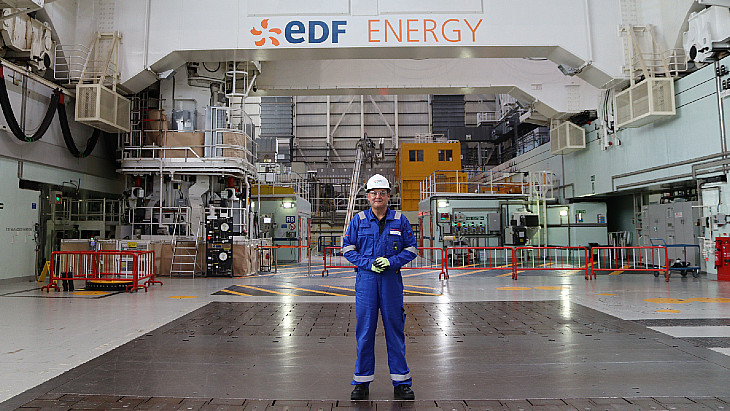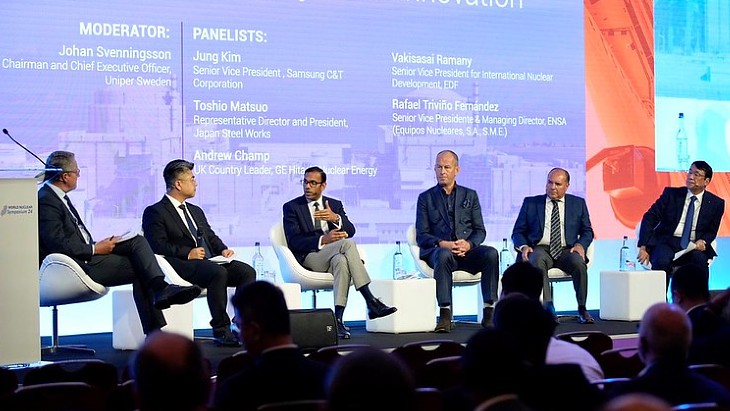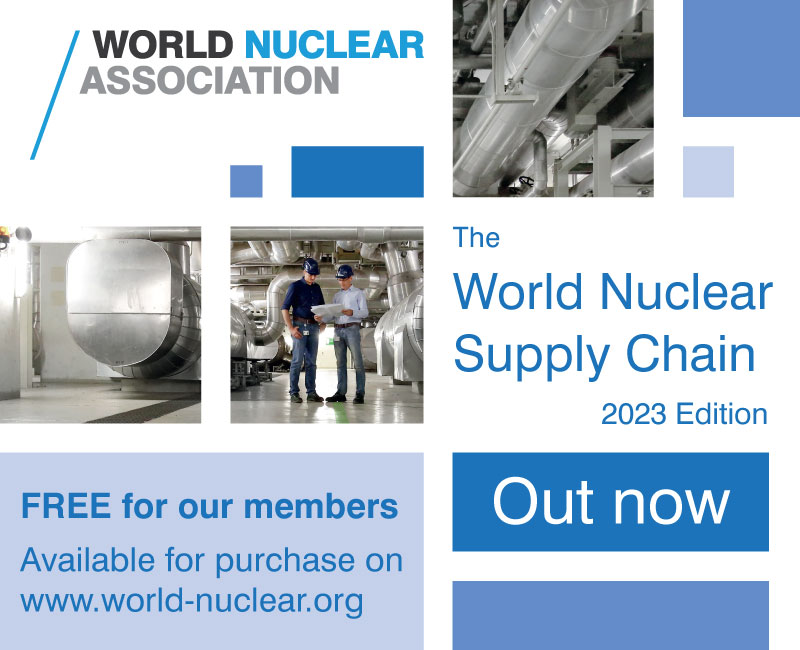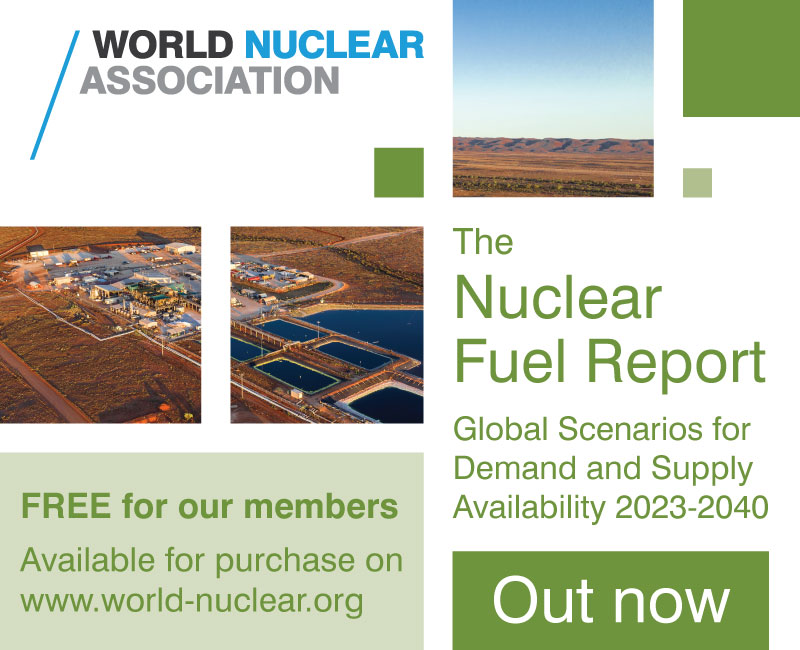Viewpoint: Finland seeks to streamline licensing
.jpg)
The Finnish nuclear fleet is well-known for its high safety standards and continuous improvements in plant safety and reliability during the past decades of plant operation. As nuclear fleets are facing lifetime extensions and modernisation, it's evermore necessary to be able to exploit standard components, such as valves and motors, used in other safety and reliability-critical industries.
The Finnish nuclear industry, along with its European counterparts, wants to secure an efficient and working supply chain for the modernisation and replacement of safety related structures, systems and components in its nuclear power plants. Furthermore, the heavy and long licensing process, even for components in lower safety classes, needs further development in order to be more efficient.
The development of safety, quality and reliability achieved in structures, systems and components manufactured according to high industrial standards, should be made better available for installations, especially in lower safety classes. The target is to secure the present high level of safety and reliability achieved at the nuclear power plants in the long term as well as to ensure the viable operation of nuclear power in the changing market.
Three-stage solution
- A change to the scope of supervision is proposed: authority supervision is focused on higher safety classes and on plant- and system-levels, while the licence holder's own responsibility is emphasised, especially at equipment-level in lower safety classes;
- The target is to reduce overlapping work between licence holders and to increase cooperation as well as to introduce national approvals in the Finnish nuclear industry.
- Introducing new methods that aim to change practices so that they are closer to those used in other industries. These methods aim to clarify the requirements for equipment suppliers and manufacturers as well as to enable utilising methods and standards similar to those in other sectors.
Pilot phase
Pilot projects will be carried out to test the proposed new methods, which will be further developed and brought into practice with cooperation between the licence holders and the nuclear regulator STUK. A pilot project handling the licensing and qualification of mechanical equipment is already under way and similar projects concerning electrical and I&C equipment are about to start. Necessary modifications to the methods as well as the legislation, regulations and existing practices are to be identified during the pilot phase.
Increased cooperation
The intention is also to share the results at the EU level. In addition to the KELPO project, similar initiatives are being developed in other EU countries and FORATOM, the European nuclear trade association, is facilitating this work. In this way, best practices can be further utilised in different EU member states. In addition, the objective is to enable the development and utilisation of small modular reactors (SMRs). One critical requirement for investments in SMRs to materialise is that the licensing of a given SMR design should enable it to be constructed in several member states.
A report on KELPO - Development of the licensing and qualification processes for the systems and equipment of nuclear facilities in Finland - was published last week. It was prepared by ÅF, a power generation consultantancy, and utilities Fennovoima, Fortum and TVO.
Comments? Please send them to: editor@world-nuclear.org











